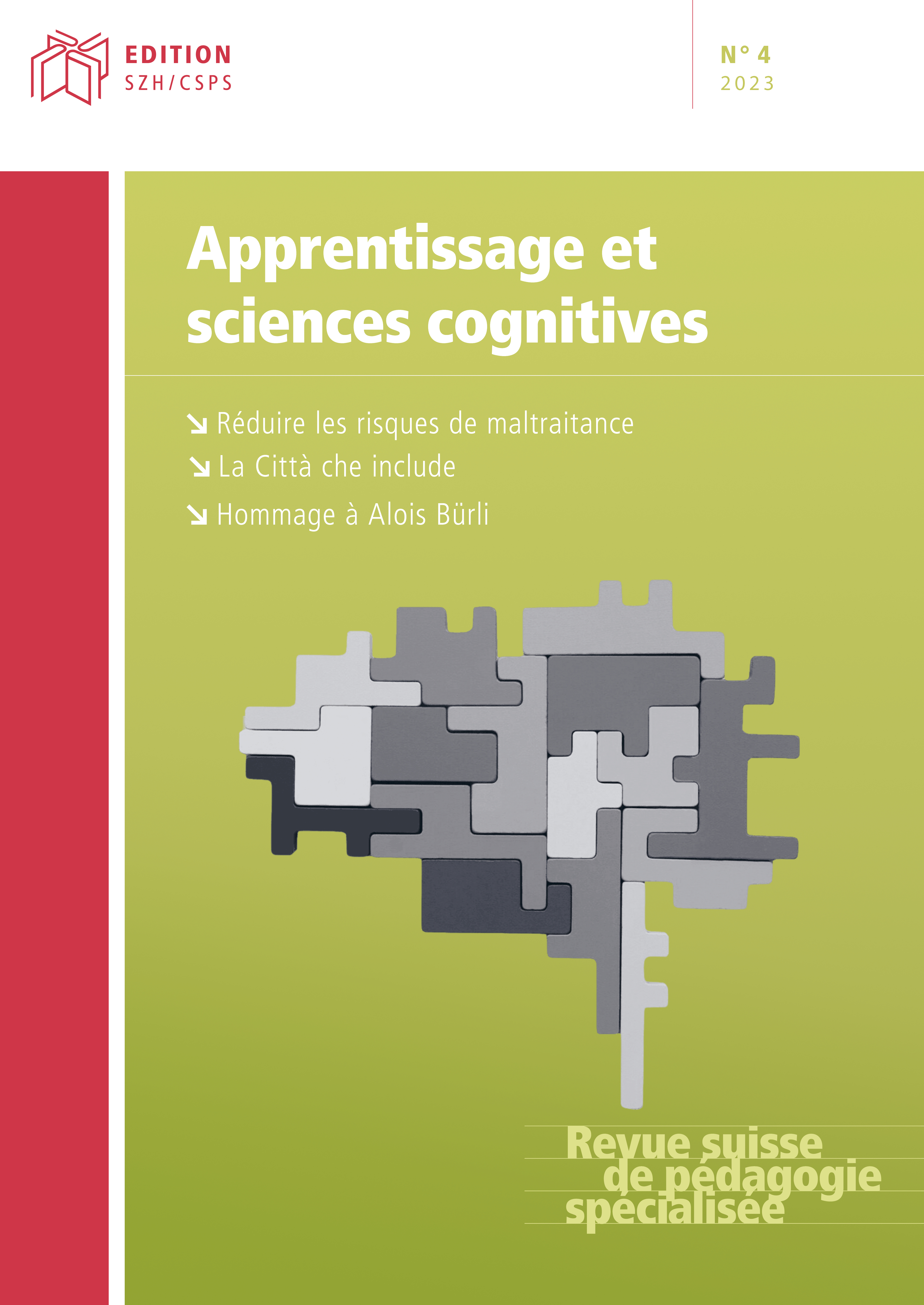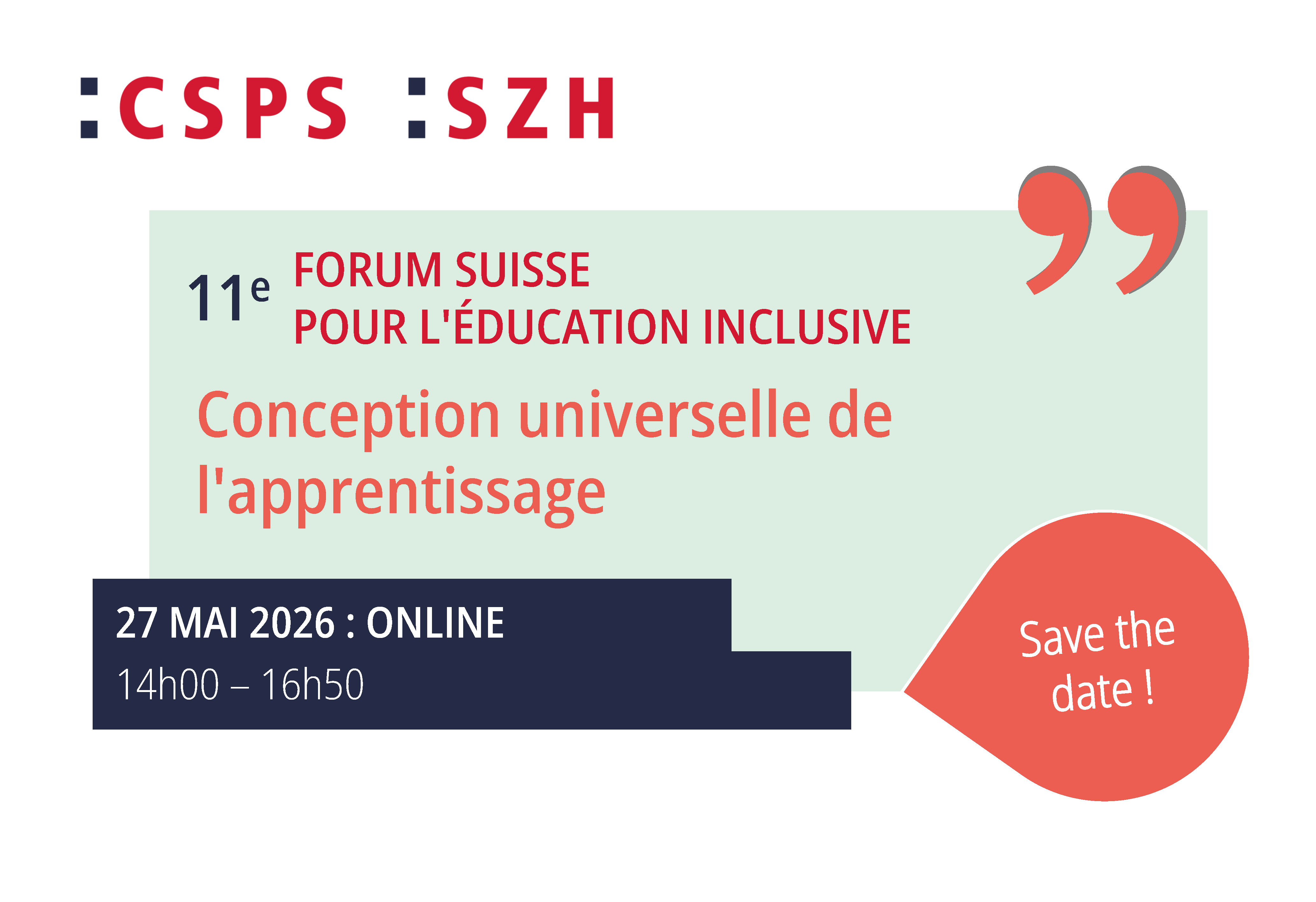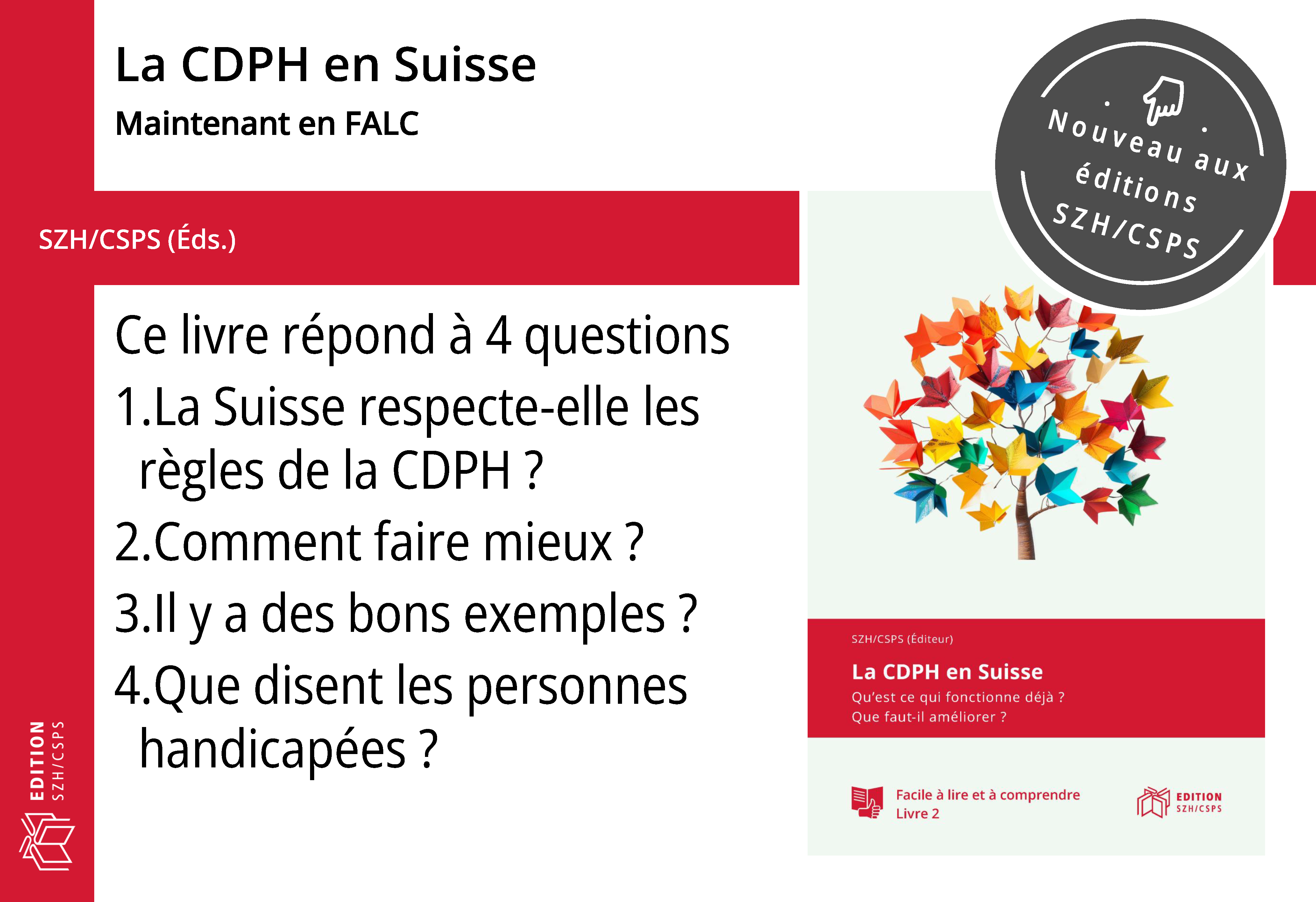L’interrogation élaborative
Une méthode simple pour favoriser les apprentissages
DOI :
https://doi.org/10.57161/r2023-04-03Mots-clés :
interrogation élaborative, génération, mémoire, apprentissage, intérêt, cognitionRésumé
L’application en classe des résultats de recherches en sciences cognitives représente un véritable défi pour le corps enseignant. Dans cet article, une méthode simple et ayant fait l’objet de plusieurs études scientifiques (appelée « interrogation élaborative ») est décrite. De façon générale, elle consiste à inciter le sujet à lier, grâce à un questionnement, une information à retenir avec des éléments qu’il possède déjà en mémoire. Les principes fondamentaux à la base de cette méthode sont expliqués et des pistes d’applications en classes sont proposées.
Références
Abott, E. E. (1909). On the analysis of the factor of recall in the learning process. The Psychological Review: Mono-graph Supplements, 11(1), 159-177. https://doi.org/10.1037/h0093018
Bauer, P.J., & Varga, N.L. (2022). Les neurosciences cognitives du développement de la mémoire : implications pour les sciences de l’éducation. In. E. Tardif & P.-A. Doudin, Neurosciences et cognition : perspectives pour les sciences de l’éducation (2ème éd., pp.135-164). DeBoeck.
Bertsch, S., Pesta, B. J., Wiscott, R., & McDaniel, M. A. (2007). The generation effect: A meta-analytic review. Memory & cognition, 35(2), 201–210. https://doi.org/10.3758/BF03193441
Craik, F. I., & Lockhart, R. S. (1972). Levels of processing: A framework for memory research. Journal of verbal learn-ing and verbal behavior, 11(6), 671–684. https://doi.org/10.1016/S0022-5371(72)80001-X
Craik, F. I., & Tulving, E. (1975). Depth of processing and the retention of words in episodic memory. Journal of experimental Psychology: general, 104(3), 268–294. https://doi.org/10.1037/0096-3445.104.3.268
Donoghue, G. M., & Hattie, J. A. (2021). A meta-analysis of ten learning techniques. Frontiers in Education, 6, Arti-cle 581216. https://doi.org/10.3389/feduc.2021.581216
Dunlosky, J., Rawson, K. A., Marsh, E. J., Nathan, M. J., & Willingham, D. T. (2013). Improving students’ learning with effective learning techniques: Promising directions from cognitive and educational psychology. Psychological Science in the public interest, 14(1), 4–58. https://doi.org/10.1177/1529100612453266
Ebbinghaus, H. (1913). Memory: A contribution to experimental psychology (traduit par H. A. Ruger, & C. E. Bussenius, œuvre originale publiée en 1985). Columbia University.
Huelser, B. J., & Metcalfe, J. (2012). Making related errors facilitates learning, but learners do not know it. Memory & cognition, 40, 514–527. https://doi.org/10.3758/s13421-011-0167-z
Hulleman, C. S., & Harackiewicz, J. M. (2009). Promoting interest and performance in high school science classes. Science, 326(5958), 1410–1412. https://doi.org/10.1126/science.1177067
James, W. (1899). Talks to Teachers on Psychology. Henry Holtand Company.
Markant, D. B., Ruggeri, A., Gureckis, T. M., & Xu, F. (2016). Enhanced memory as a common effect of active learn-ing. Mind, Brain, and Education, 10(3), 142–152. https://doi.org/10.1111/mbe.12117
McDaniel, M. A., & Donnelly, C. M. (1996). Learning with analogy and elaborative interrogation. Journal of Educa-tional Psychology, 88(3), 508–519. https://doi.org/10.1037/0022-0663.88.3.508
Ozgungor, S., & Guthrie, J. T. (2004). Interactions among elaborative interrogation, knowledge, and interest in the process of constructing knowledge from text. Journal of Educational Psychology, 96(3), 437–443. https://doi.org/10.1037/0022-0663.96.3.437
Piaget, J. (1936). La naissance de l’intelligence chez l’enfant. Delachaux et Niestlé.
Scruggs, T. E., Mastropieri, M. A., & Sullivan, G. S. (1994). Promoting relational thinking: Elaborative interrogation for students with mild disabilities. Exceptional Children, 60(5), 450-457. https://doi.org/10.1177/001440299406000507
Scruggs, T. E., Mastropieri, M. A., Sullivan, G. S., & Hesser, L. S. (1993). Improving reasoning and recall: The differen-tial effects of elaborative interrogation and mnemonic elaboration. Learning Disability Quarterly, 16(3), 233–240. https://doi.org/10.2307/1511329
Slamecka, N. J., & Graf, P. (1978). The generation effect: Delineation of a phenomenon. Journal of experimental Psy-chology: Human learning and Memory, 4(6), 592–604. https://doi.org/10.2307/1511329
Woloshyn, V. E., Paivio, A., & Pressley, M. (1994). Use of elaborative interrogation to help students acquire infor-mation consistent with prior knowledge and information inconsistent with prior knowledge. Journal of Edu-cational Psychology, 86(1), 79–89. https://doi.org/10.1037/0022-0663.86.1.79
Wood, E., Pressley, M., & Winne, P. H. (1990). Elaborative interrogation effects on children's learning of factual content. Journal of Educational Psychology, 82(4), 741–748. https://doi.org/10.1037/0022-0663.82.4.741
Publiée
Comment citer
Numéro
Rubrique
Licence
© Eric Tardif 2023

Ce travail est disponible sous la licence Creative Commons Attribution 4.0 International .




